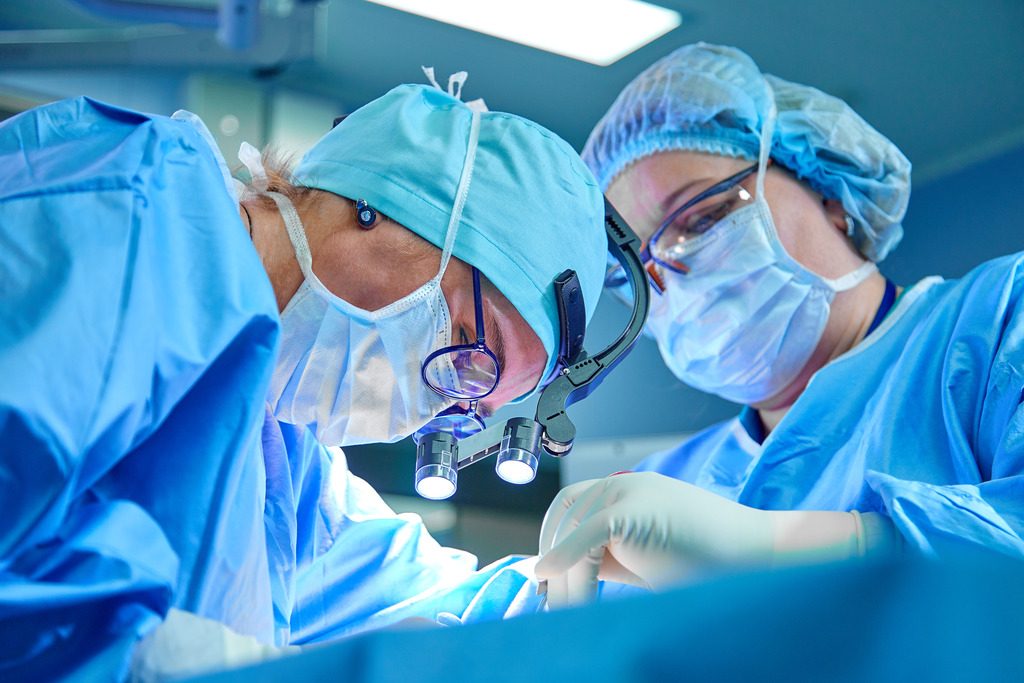Who will I follow-up with after I am discharged from the hospital?
The orthopedic surgicalists rotate their time here at Bay Area Hospital. They hand off to the oncoming surgicalists. There are consistent staff within our clinic that also help to ensure your needs are being met.
How long will I stay in the hospital?
Most orthopedic injuries that require admission to the hospital and surgery will need 1-3 nights in the hospital. That can vary depending on a wide variety of factors like the severity of your injury, your mobility with Physical Therapy and Nursing staff, and what type of assistance you need after you are medically ready to leave the hospital. A team of nurses, case managers, physicians, and physician assistants will all work together to get you back to your previous level of independence.
Where do I go for my follow-up appointment?
Bay Area Orthopedics has an outpatient clinic located on the second floor of the Hospital near the surgery family waiting room. Your follow-up appointment will be scheduled before you leave the hospital, and on the day of your appointment you check in at registration then head to Radiology for x-rays, and then to the clinic.





